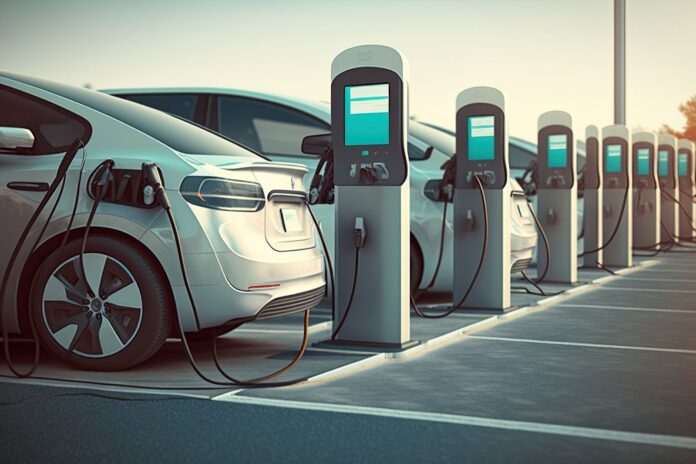In the era of environmental consciousness and sustainable transportation, electric vehicles (EVs) have emerged as a key solution to mitigate carbon emissions and reduce our carbon footprint. The adoption of EVs, however, is contingent on the availability of a robust and accessible electric vehicle charging infrastructure. This is where EV charging stations installation contractors step in as the driving force behind the growth of EVs. Their expertise in designing, implementing, and maintaining charging stations is pivotal in paving the way for a greener and more sustainable future of transportation.
The EV Revolution and Charging Infrastructure
The transition to electric mobility is not merely a trend; it’s a fundamental shift in the way we perceive transportation. The benefits of EVs, from lower operating costs to environmental conservation, are evident. However, the transition necessitates an expansive network of charging stations that can cater to the needs of EV users across residential, commercial, and public spaces. This is where the role of EV charging station installation contractors becomes paramount.
Roles and Responsibilities
- Design and Planning: The first step for installation contractors is to collaborate with various stakeholders, including property owners, city planners, and utility providers. They assess the feasibility of charging station installation, considering factors like location, power capacity, and user convenience. This intricate planning is the foundation for a successful charging network.
- Site Preparation: Once the design is finalized, installation contractors undertake the physical groundwork required for charging station installation. This includes preparing the site, ensuring proper electrical connections, and setting the foundation for the charging stations and associated infrastructure.
- Equipment Installation: Installing charging stations involves a combination of technical knowledge and meticulous execution. Contractors are responsible for setting up charging equipment, which includes the charging stations themselves, power distribution units, cabling, and other essential components.
- Electrical Work: As charging stations require a significant amount of electrical power, contractors must ensure that the electrical infrastructure is capable of handling the load. This might involve upgrading transformers, distribution panels, and wiring systems to meet the power demands of the charging stations.
- Network Integration: Many charging stations come equipped with smart features like remote monitoring, payment processing, and user authentication. Contractors must integrate these network functionalities to ensure seamless user experiences and efficient station management.
- Testing and Commissioning: Once installation is complete, contractors rigorously test the charging stations and associated systems to ensure they are functioning as intended. This involves checking charging speeds, connectivity, and safety features.
- Maintenance and Upkeep: The journey doesn’t end with installation. Contractors provide ongoing maintenance services to promptly address any technical issues, perform routine inspections, and ensure that the charging stations are in optimal working condition.
- Regulatory Compliance: Staying updated with local regulations, building codes, and safety standards is crucial. Contractors must ensure that their installations adhere to these regulations to guarantee user safety and the legality of the charging stations.
Challenges and Innovations
- Technology Evolution: Rapid advancements in EV charging technology require contractors to stay current to deliver cutting-edge solutions.
- Load Management: Balancing high power demand from multiple charging stations with the grid’s capacity is a challenge that demands sophisticated load management systems.
- Permitting and Zoning: Navigating the intricate web of permits and zoning regulations requires contractors to possess strong negotiation and communication skills.
- Interoperability: Ensuring that different charging station brands are compatible with a range of EV models requires innovative solutions and industry collaboration.
- Scalability: As EV adoption accelerates, contractors need to anticipate scalability requirements and design systems that can accommodate increasing demand.
Building a Sustainable Future
Electric vehicle charging station installation contractors are the architects of a cleaner, more sustainable future. Their expertise is instrumental in setting up the necessary infrastructure for EV adoption to flourish. As the automotive industry pivots toward greener alternatives, these contractors stand as catalysts for change, ensuring that the road to electric mobility is not just paved, but also well-connected and seamlessly accessible.
Conclusion
Electric vehicle charging station installation contractors play a pivotal role in the electrification of transportation. Their responsibilities span from initial design and installation to ongoing maintenance, ensuring that EV users have reliable and accessible charging options. As we drive toward a cleaner and more sustainable future, the work of these contractors will continue to be at the forefront, powering the transformation of how we move and making the promise of a zero-emission transportation landscape a reality.







